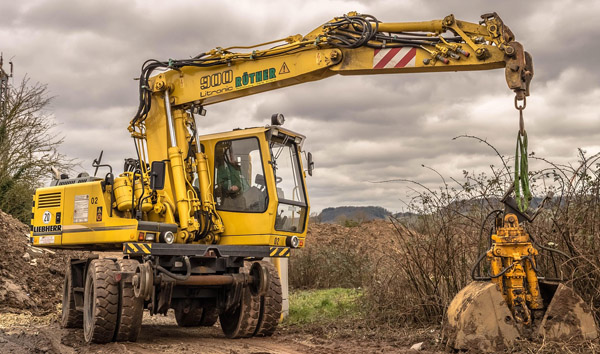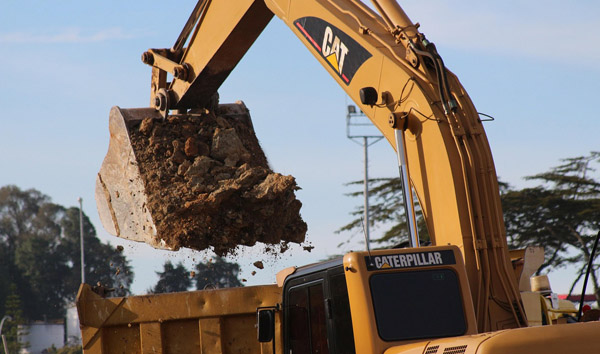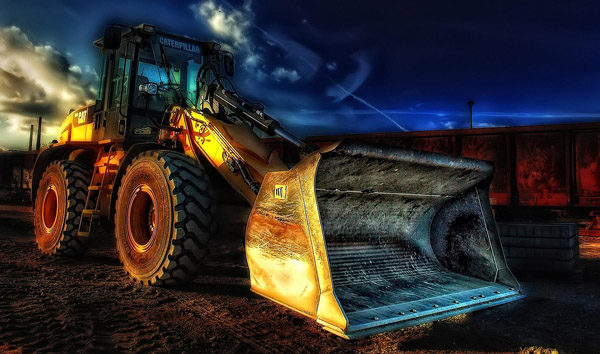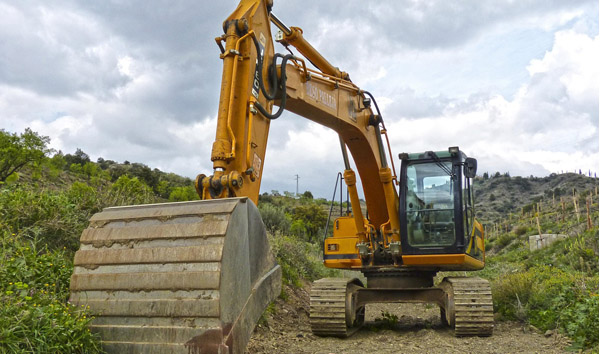Navigating the Robust Capabilities of Modern All-Terrain Forklifts
2025-07-24 05:25:31
All-terrain forklifts are engineered to tackle uneven surfaces, steep inclines, and rugged outdoor conditions with unmatched stability. Key specifications include a reinforced chassis, high-traction tires, and advanced suspension systems that ensure load-bearing efficiency even on gravel, mud, or snow. These machines typically feature load capacities ranging from 5,000 to 12,000 lbs, with lift heights extending up to 20 feet. Their robust hydraulic systems enable precise load handling, while all-wheel-drive configurations maximize traction.
Powering these forklifts are heavy-duty diesel or electric engines, delivering torque outputs between 75 to 150 HP for demanding tasks. Diesel variants dominate outdoor applications due to their fuel efficiency and longevity, whereas electric models are gaining traction for emission-sensitive sites. Transmission options include hydrostatic and mechanical systems, with the former offering smoother control on rough terrain. Operators benefit from ergonomic cabins equipped with shock-absorbing seats, 360-degree visibility, and intuitive control panels.
Maneuverability is a standout feature, with all-terrain forklifts boasting tight turning radii (as low as 10 feet) and articulated steering for navigating confined job sites. Ground clearance often exceeds 12 inches to avoid obstacles, while approach and departure angles are optimized for steep gradients. Safety specifications include automatic braking, load-sensing stability control, and LED lighting for low-visibility conditions. These forklifts comply with ISO 10535 and ANSI/ITSDF B56.6 standards, ensuring operational reliability.
Durability is further enhanced by corrosion-resistant coatings and sealed electrical components, making them ideal for marine or agricultural use. Telematics integration allows real-time monitoring of fuel consumption, maintenance alerts, and GPS tracking. Industry data reveals a 15% annual growth in all-terrain forklift adoption, driven by construction and logistics sectors prioritizing versatility. Leading manufacturers like JCB and Toyota offer customizable attachments (e.g., forks, clamps) to expand functionality.
In conclusion, all-terrain forklift specifications cater to extreme environments without compromising performance. Their load capacity, engine power, and terrain adaptability make them indispensable for industries requiring robust material handling solutions. As technology advances, hybrid powertrains and autonomous features are poised to redefine this segment, further solidifying their role in modern industrial operations.














